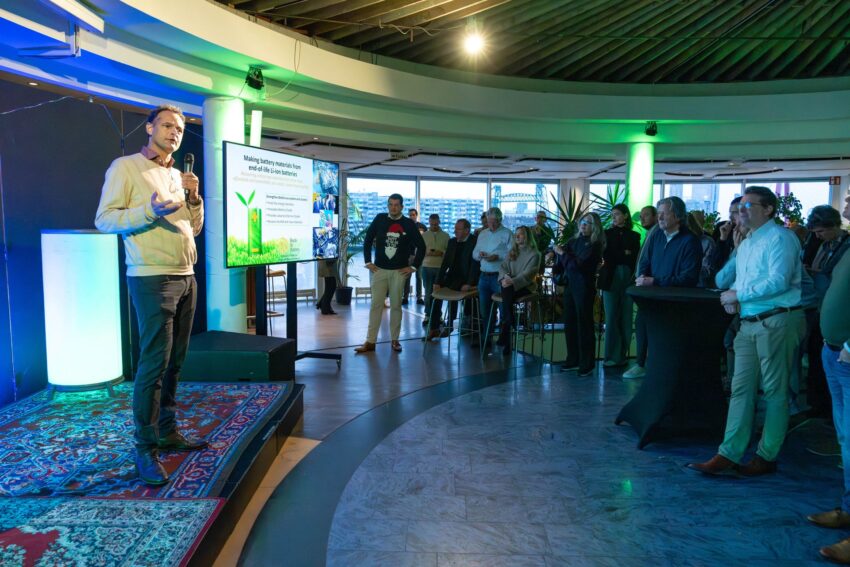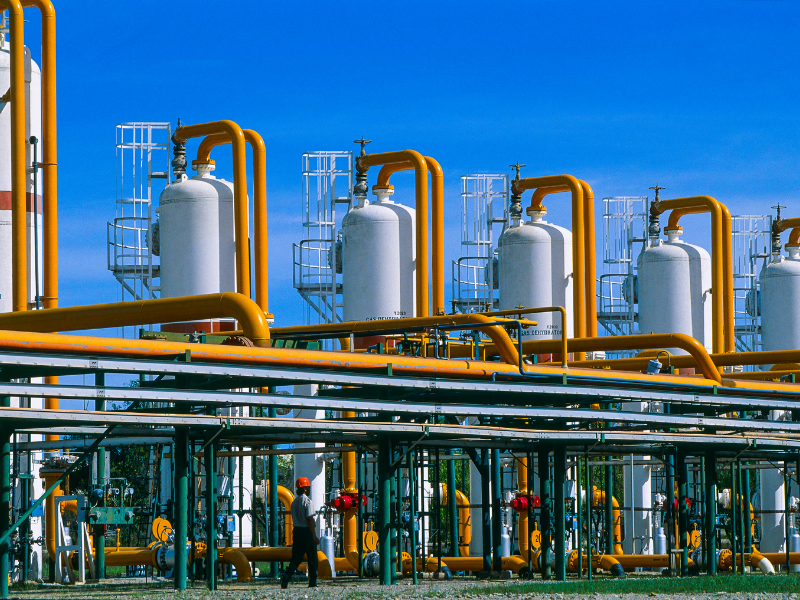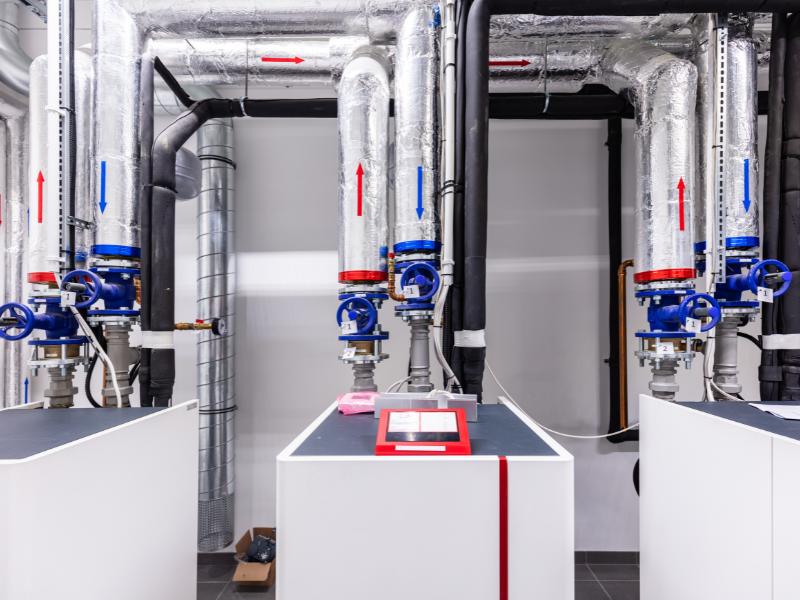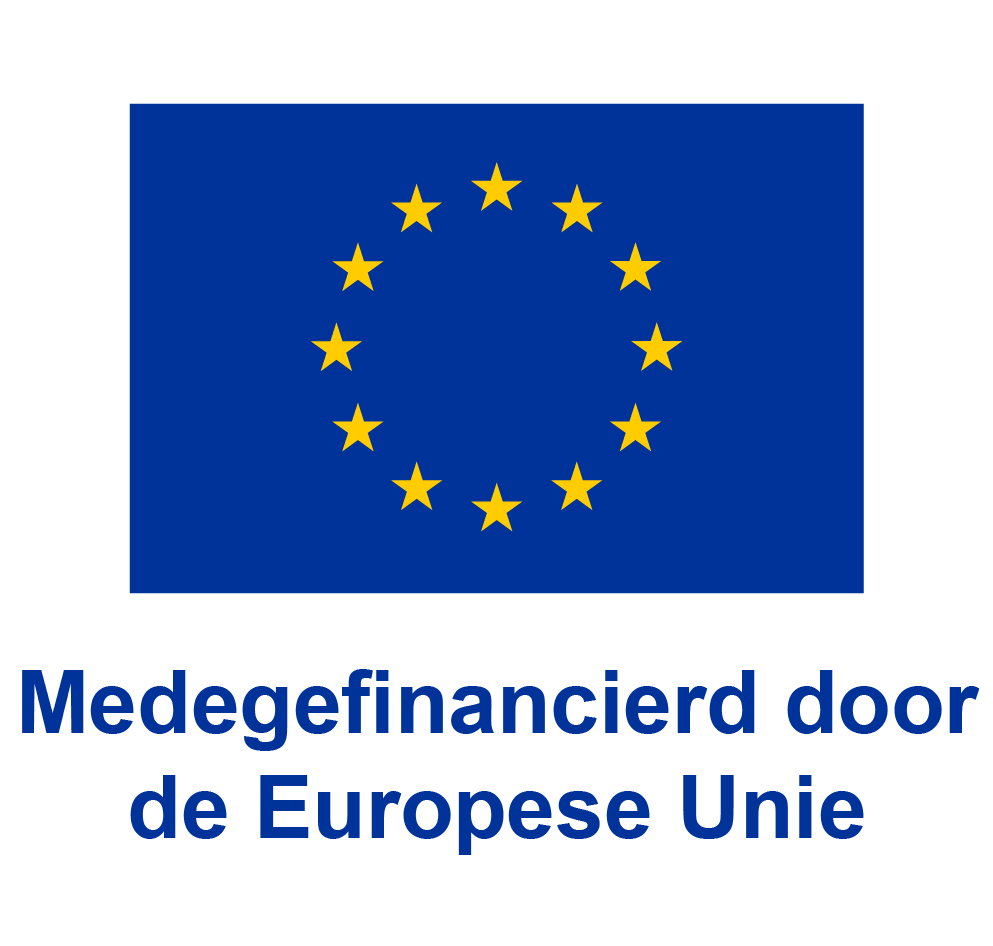Circular chemicals and fuels sector opportunity for Europe
The Port of Rotterdam has the potential to become an international hub for circular plastics and fuels. Recent research by TNO, commissioned by a broad consortium including SmartPortRdam, VEMOBIN, VNCI, Deltalinqs Climate Program, Port of Rotterdam, Municipality of Rotterdam and Fieldlab Industrial Electrification (FLIE), shows that this development is promising for Europe. For the transition to circular carbon pathways in the chemicals and fuels sector, the following are crucial:
- stimulating market demand,
- exploiting synergies in this sector,
- increasing resource availability
- and a robust government vision.
On all these issues, the research report makes recommendations to promote the sector's growth and accelerate.
Focus on switching from fossil fuels to renewables
An important part of this transition is the growing portfolio of projects that convert CO2 captured via Direct Air Capture (DAC) into valuable chemical compounds such as methanol, formic acid and others. FLIE also sees interest in these technologies growing and the portfolio expanding. These pilot projects play an important role in reducing technological risks and are an essential link in the transition to a sustainable, circular industry within the Port Industrial Complex.
By focusing on innovation, collaboration and policy support, Rotterdam can position itself as a leader in the circular chemicals and fuels sector, with positive impacts on both the economy and the climate. Download the summary report here.
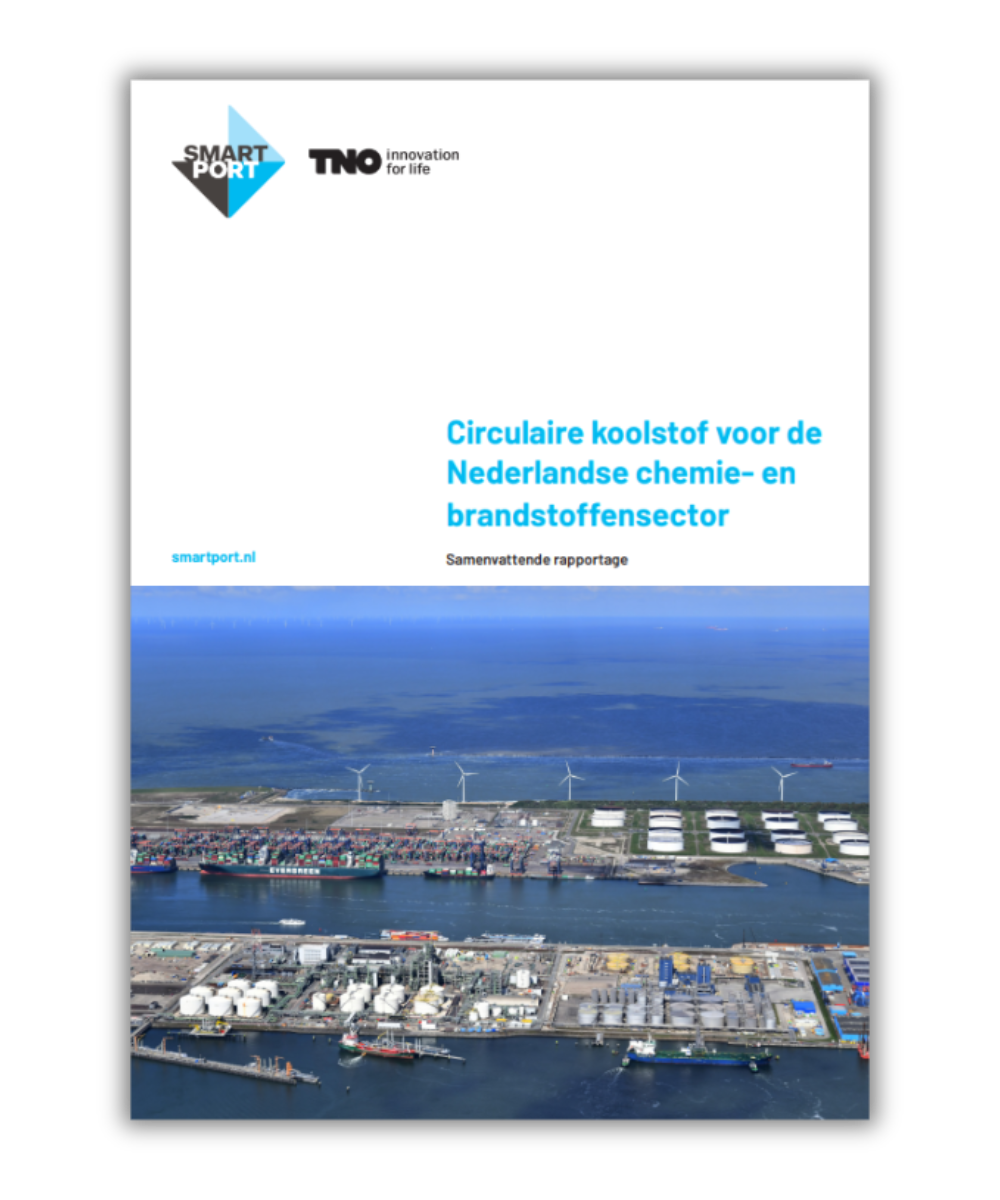
Strong starting position, but significant challenges
The strategic location of the port of Rotterdam, with its well-developed infrastructure towards the hinterland and the ARRRA (Antwerp-Rotterdam-Rhine-Ruhr-Area) cluster, puts the Netherlands in a strong position to become a leader in a circular carbon economy. The region also offers a solid knowledge base and concrete opportunities in CO₂ storage (CCS) and renewable energy projects.
There are also opportunities for synergy. The study shows that the chemical and fuel sectors increasingly want to use and produce the same circular molecules and raw materials in the future. This offers opportunities to join forces, exploit synergy benefits and thus produce circular carbon sources more efficiently and on a larger scale.
Challenges
There are also major challenges. Market demand for sustainable circular products lags due to higher costs in producing and using circular carbon sources compared to fossil sources, and customers are only willing to pay more for circular products to a limited extent. There is also uncertainty about the future availability of promising circular carbon sources, such as bio-based raw materials and recycled plastics. In addition, lack of space in the Rotterdam port and the long lead time of permit processes can cause delays and discourage new investments.
Recommendations for acceleration
The report makes the following concrete recommendations to accelerate the transition to sustainable carbon.
Governments are called upon to make short-term policy choices and remove uncertainties through a clear vision of the future of the chemicals and fuels sector. For instance, market demand for sustainable products can be stimulated by requiring a minimum share of circular raw materials in products, reducing excise duties or VAT on sustainable products, or including sustainability requirements in public tenders. Here, Dutch governments, but certainly also the European Union (EU), play an important role.
To speed up permit processes, early involvement of the competent authority is crucial. Regulations that promote circular innovations should be drafted proactively. Flexible regulations can support experimentation and innovation, especially in innovation-oriented regions.
In addition, raw material availability can be increased through more efficient and quality-oriented waste sorting and improved recycling processes. It is also crucial to import a larger volume of sustainable biomass to the Netherlands so that the chemicals and fuels sectors can produce more sustainably on a large scale.
Finally, cooperation between industry, knowledge institutions and governments is essential. The system vision delivered allows for better alignment of policy and implementation, ensuring a targeted approach.
More information and contact
Want to know more about this topic or work with FLIE? Then contact us via info@flie.nl
